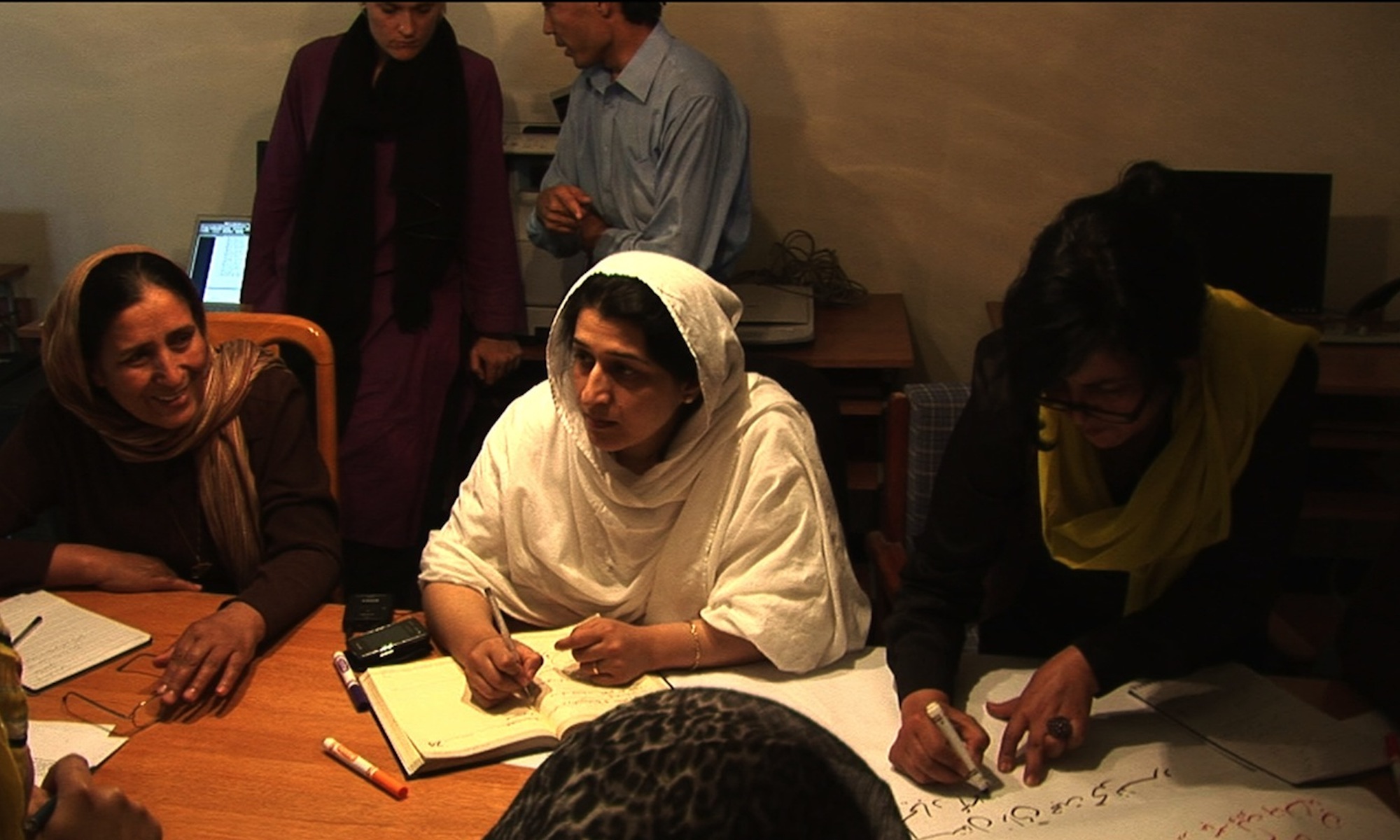We define nation-building as efforts carried out after major combat to underpin a transition to peace and democracy. Nationbuilding involves the deployment of military forces, as well as comprehensive efforts to rebuild the health, security, economic, political, and other sectors. The research we conducted focused on one aspect of nation-building-efforts to rebuild the public health and health care delivery systems after major combat. We looked at seven cases- Germany, Japan, Somalia, Haiti, Kosovo, Afghanistan, and Iraq. These are some of the most important cases since World War II in which international institutions, non-governmental organizations (NGOs), and countries such as the United States have taken part in efforts to rebuild the health sector. These missions also have important health components. To date, a significant amount of academic and policy-relevant work has been devoted to efforts to rebuild such areas as police and military forces. Little comprehensive work has examined efforts to rebuild public health and health care delivery systems, however. The work that has been done on health tends to focus on immediate humanitarian and relief efforts rather than long-term health reconstruction. The goal of our research was to fill this void.

INSCT Postconflict Research Database
The Institute for National Security and Counterterrorism's Postconflict Research Database & Analysis Project stores cross-indexed bibliographic information on hundreds of journal articles, books, book chapters, and case reports that address the broad, interdisciplinary fields of postconflict reconstruction, stabilization, and peacebuilding.
48 Replies to “Securing Health: Lessons from Nation-Building Missions”
Comments are closed.